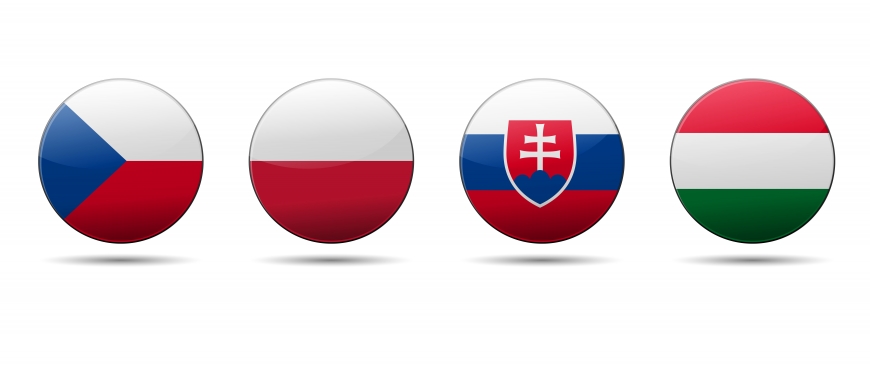
Surge in capital investment drives better than expected Hungary growth
However, a report released last week by the Centre for European Reform think-tank suggested that “average households have not seen enough of the fruits of economic growth”, with worker compensation growing more slowly than GDP and consumption falling as a share of overall spending.Tuesday’s data highlighted the potential for such trends to continue. Household consumption did rise by a healthy 4.4 per cent year on year in the third quarter, but that paled in comparison with a 20 per cent surge in fixed capital formation. The CER report notes that “in the Czech Republic, Hungary and Slovakia, the most important sectors are largely or wholly foreign-owned”, meaning rising investment doesn’t necessarily benefit local incomes. The think-tank added: The Visegrad countries need to evolve their growth strategies away from the current preponderant dependence on foreign direct investment. Such investment is important, but will not lead to sustained convergence in living standards.
